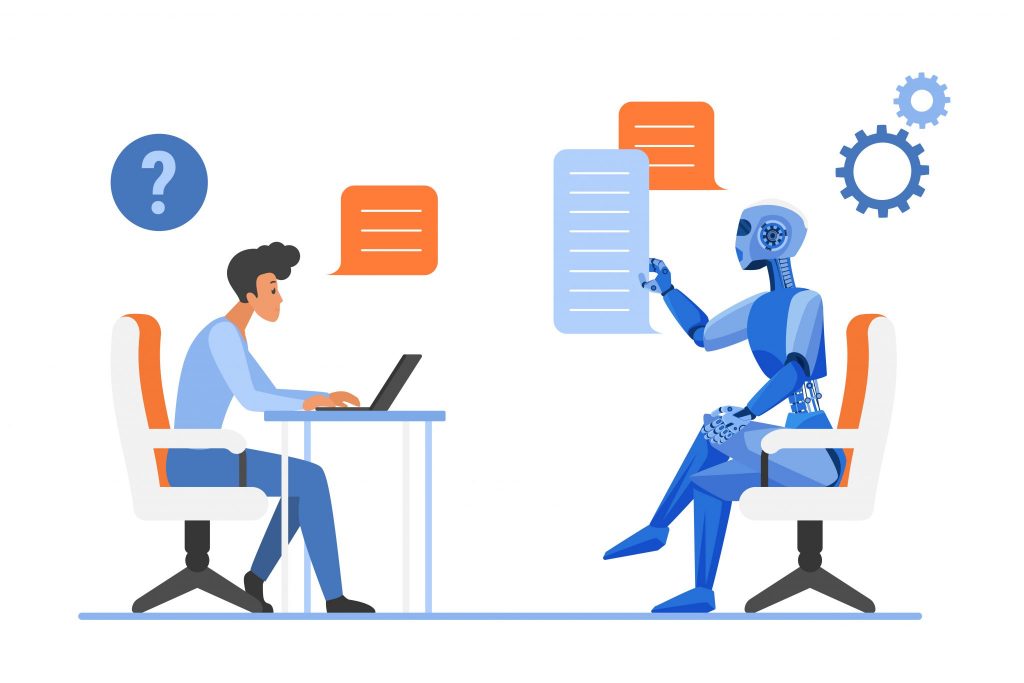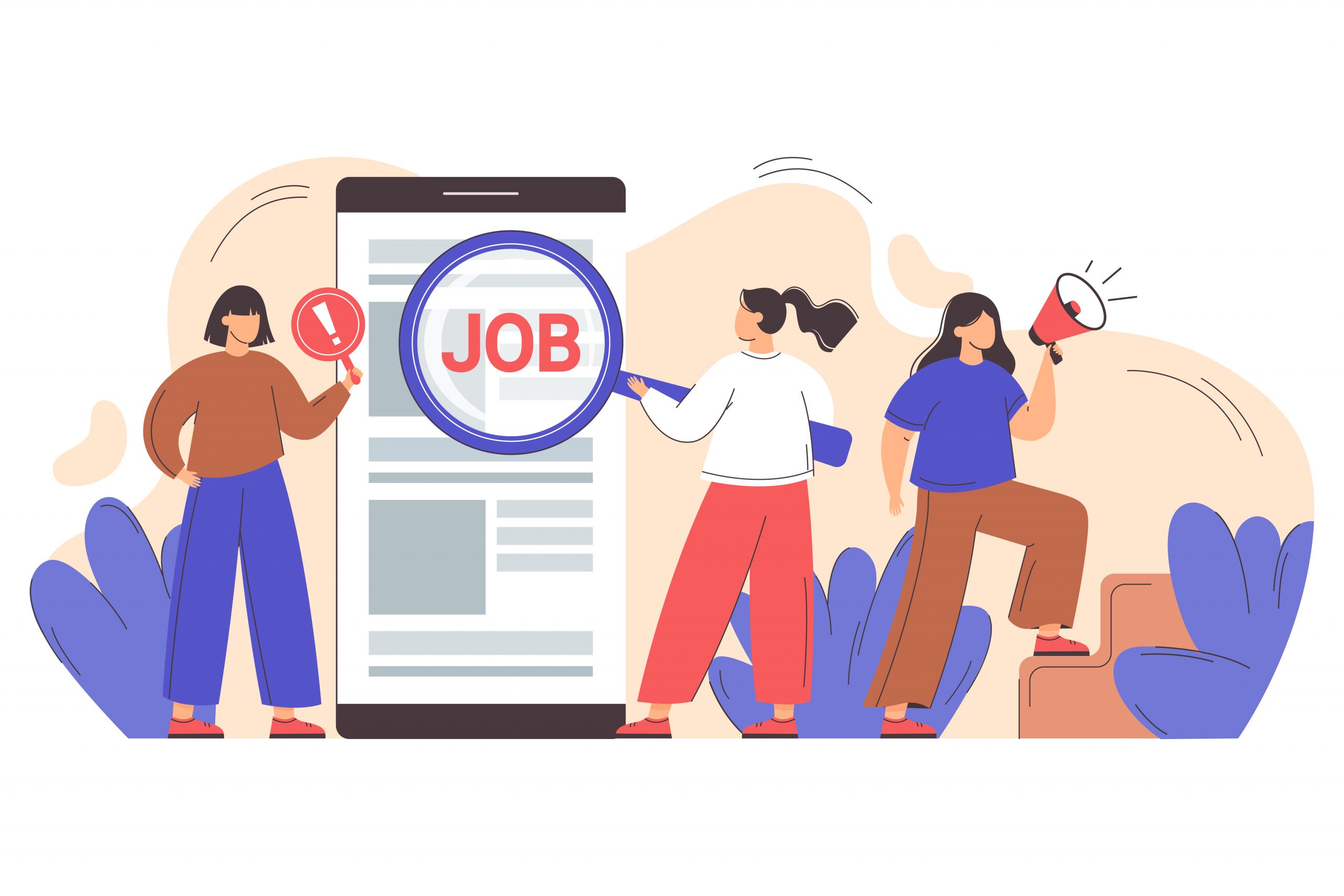As AI technologies rapidly advance, there is growing concern about the future of various IT roles and whether artificial intelligence could eventually replace human workers in the tech industry. While it’s true that AI has made significant strides in automating repetitive tasks and improving efficiencies, there are certain IT jobs that remain beyond the capabilities of AI, at least for the foreseeable future. These roles rely on human judgment, creativity, emotional intelligence, and complex problem-solving, areas where AI continues to fall short.
In this article, we’ll explore the IT jobs that AI is unlikely to replace within the next five years. We’ll break these roles down into categories, including human-centric, strategic, interaction-based, and niche positions, each of which demonstrates the inherent value of human skills in an increasingly automated world.
1. Human-Centric Roles: Creativity and Judgment that AI Can’t Match
Some IT roles are deeply rooted in creativity, empathy, and understanding human behavior—areas where AI struggles significantly. These jobs involve the use of subjective judgment, personal experience, and cultural context, none of which can be easily replaced by algorithms.
User Experience (UX) Designers
UX Designers play a crucial role in developing intuitive and user-friendly interfaces for software and web applications. While AI tools can assist in analyzing user behavior data and suggesting design improvements, they cannot fully understand the nuances of human psychology or emotions. Creating engaging user experiences requires empathy, creativity, and an understanding of human behavior, which are not qualities that AI can effectively replicate.
Graphic Designers
Much like UX Designers, Graphic Designers rely on artistic creativity and subjective judgment. They are tasked with creating visually appealing graphics that communicate specific messages to an audience. Although AI can generate designs based on pre-programmed rules or styles, it lacks the emotional connection and cultural sensitivity that human designers bring to their work. This human touch is essential for creating designs that resonate deeply with viewers.
Copywriters
AI has made strides in generating content, but crafting compelling, persuasive copy remains a job for humans. Copywriters need to understand language at a deeper level, including cultural context, tone, and emotional impact. Crafting a marketing campaign or brand message that connects with the target audience involves much more than stringing words together—it’s about storytelling, invoking emotion, and influencing behavior. AI tools can assist in content generation, but they cannot capture the human experience in the way that a skilled copywriter can.
Technical Writers
Technical writers create documentation that explains complex systems and processes in a way that is clear, concise, and accessible to various audiences. Although AI might be able to generate technical content based on data, it lacks the ability to explain intricate concepts in a way that aligns with diverse audiences’ learning preferences. Tailoring the level of detail or simplifying concepts for non-technical users requires a level of judgment and communication that AI simply cannot replicate.
2. Strategic and Decision-Making Roles: Combining Expertise and Business Acumen
Certain IT roles involve strategic thinking, critical decision-making, and an understanding of both business and technical aspects. These roles often require not only technical knowledge but also the ability to navigate unforeseen challenges and make decisions that align with organizational goals.
IT Project Managers
IT Project Managers are responsible for overseeing complex IT projects, ensuring that teams meet deadlines, stay within budget, and deliver on project objectives. Managing these projects requires more than just following a set of tasks—it involves making critical decisions, managing people, and adapting to unexpected changes. While AI can help with automating project management tasks, it cannot manage the human aspects of team dynamics, motivate team members, or solve unexpected problems creatively.
IT Consultants
IT consultants provide clients with strategic advice on how to leverage technology to meet business objectives. This role requires not only technical expertise but also business acumen and the ability to build strong relationships with clients. Consultants need to assess each client’s unique challenges and provide tailored solutions, a level of personalization that AI is not equipped to deliver.
IT Security Analysts
AI has proven to be useful in cybersecurity by automating threat detection and mitigation. However, identifying and responding to complex security threats often requires human intuition, critical thinking, and contextual understanding. A skilled IT Security Analyst can assess threats based on factors that AI might overlook, such as the potential motivations behind a cyberattack or the broader organizational impact of a security breach. Human judgment is essential in determining the best course of action in high-stakes security situations.
IT Auditors
IT Auditors assess an organization’s systems and processes for compliance with industry regulations and standards. This role requires a deep understanding of both technical systems and regulatory requirements, as well as the ability to make judgment calls when determining if a process is compliant. While AI can assist with automating parts of the auditing process, human auditors are still needed to interpret complex regulations, assess risks, and provide guidance on remediation strategies.
3. Roles Requiring Human Interaction: Empathy and Communication Are Key
There are many IT roles that involve significant human interaction, whether it’s providing technical support, teaching, or working directly with customers. These roles rely heavily on interpersonal skills, empathy, and adaptability—qualities that AI lacks.
IT Support Specialists
IT Support Specialists help users solve technical problems. While AI-driven chatbots can handle simple, repetitive inquiries, they often fall short when dealing with complex issues that require human intervention. Troubleshooting often involves understanding the user’s level of technical expertise, communicating solutions in a way that the user can understand, and offering personalized support. IT Support Specialists are adept at combining technical problem-solving with human interaction, offering a level of service that AI cannot match.
Customer Service Representatives
AI-powered chatbots have revolutionized customer service in many industries, but they cannot replace the empathy and communication skills that human representatives bring to the table. When dealing with complex or emotionally charged situations, human representatives are far better equipped to understand customer needs, de-escalate conflicts, and find solutions that leave customers feeling satisfied.
IT Trainers
Training individuals on new software or systems requires not only technical expertise but also the ability to communicate effectively with diverse learners. IT trainers need to adapt their teaching methods to accommodate different learning styles, paces, and levels of technical proficiency. While AI-based e-learning tools can support training, they cannot replace the flexibility and adaptability that a human trainer provides.
4. Niche Roles: Specialized Knowledge That AI Can’t Replicate
Some IT roles require deep expertise in highly specialized areas where AI has limited capabilities. These niche roles demand a high degree of human knowledge and adaptability.
Legacy System Specialists
Many organizations still rely on legacy systems that require specialized knowledge to maintain and update. AI is not well-equipped to handle outdated technologies, as it is typically trained on modern systems. Legacy System Specialists possess the expertise needed to keep these older systems running smoothly and to transition organizations to newer technologies when the time comes.
Emerging Technology Specialists
Keeping up with the latest advancements in technology requires continuous learning and adaptation. Emerging Technology Specialists stay up-to-date with cutting-edge innovations, assess their potential applications, and help organizations integrate new technologies. While AI can assist with data analysis, it lacks the ability to anticipate future trends and understand the broader implications of new technologies in specific industries.
Humans and AI Working Together for the Future of IT
While AI is transforming many aspects of the IT industry, it cannot replace the human elements that make certain roles indispensable. Jobs that require creativity, empathy, complex decision-making, and specialized knowledge remain firmly in the realm of human expertise. As AI continues to evolve, it will likely augment these roles by automating routine tasks and improving efficiency, but the need for human judgment, interaction, and creativity will remain crucial.
In the next five years and beyond, the most successful IT professionals will be those who can leverage AI as a tool while continuing to bring their unique human skills to the table. The future of work in IT is not about AI replacing jobs—it’s about humans and AI working together to create better outcomes for businesses and customers alike.




